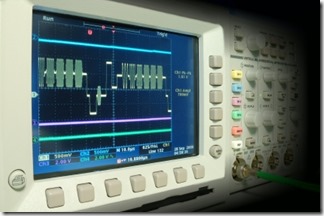Electrical Engineering

Electrical Engineering Electrical engineering is a field that covers a wide variety of different areas and technology, including electricity and electronics. Modern electrical engineering covers everything from basic electronics to more advanced areas, such as power distribution, control systems and telecommunications.
It is a field that goes back over experiments throughout several centuries. Today, electrical engineering is a mature and highly regulated discipline.
Depending on your interest, working in electrical engineering could see you creating billions of microscopic components on a computer chip to working on some of the largest and most powerful machines on the planet. There is not a single industry or activity which is not touched by electrical engineering.
People of all works of life take an active involvement in electrical engineering, from hobbyists building circuits and using armature radio to professional electricians and electrical engineers working in industry. Most hobbyists are self taught, whereas professionals invariably have formal training.
Electricians will generally have carried out apprenticeships, including practical works, course works and examinations. Electrical engineers typically have university degrees from three or four year courses. For people intending to pursue a career in electrical engineering, a formal qualification is required.
Professional institutions also play a role, with qualified electricians and engineers joining these. Membership of an appropriate institution recognises not only the educational background, but all time and experience gained working in the profession.
Typing ‘Electrical Engineering’ into Google brings up 176 million results; testament to the broad reach and appeal of the subject. By finding your way to this needle in the haystack, you have found a great source of electrical engineering knowledge and community from which the learn or share your experiences.
myElectrical.com is dedicated to electrical engineering. If you are looking to broaden your knowledge, or just find out a little bit about the subject hopefully our site will help. If you are looking for something in particular you can try the search function. If you just looking to browse the subject, try starting at our notes index.